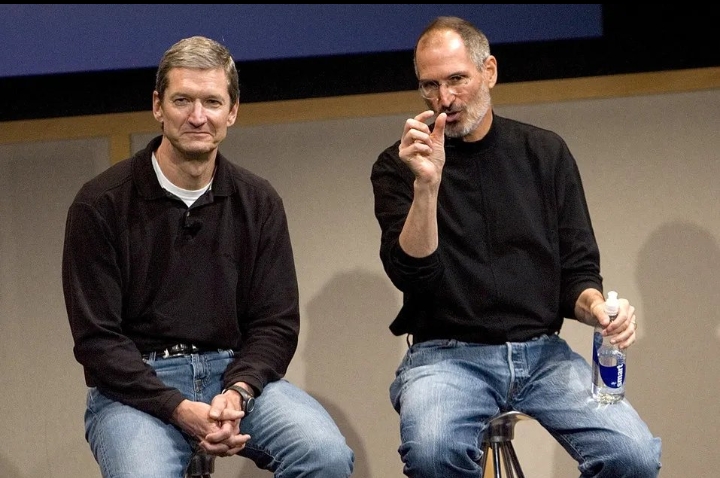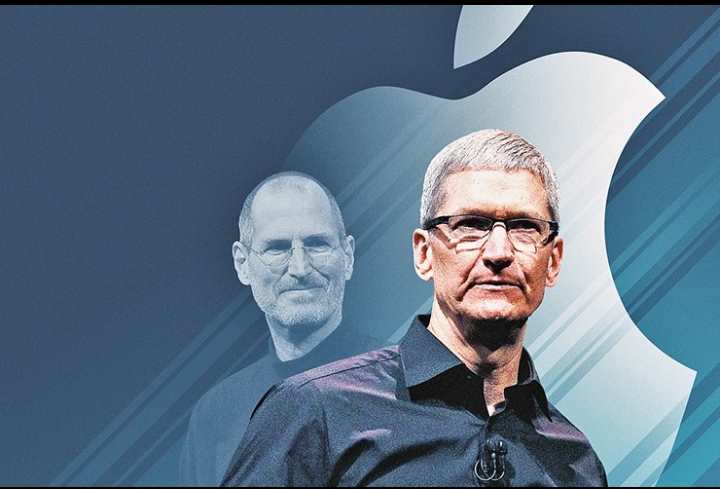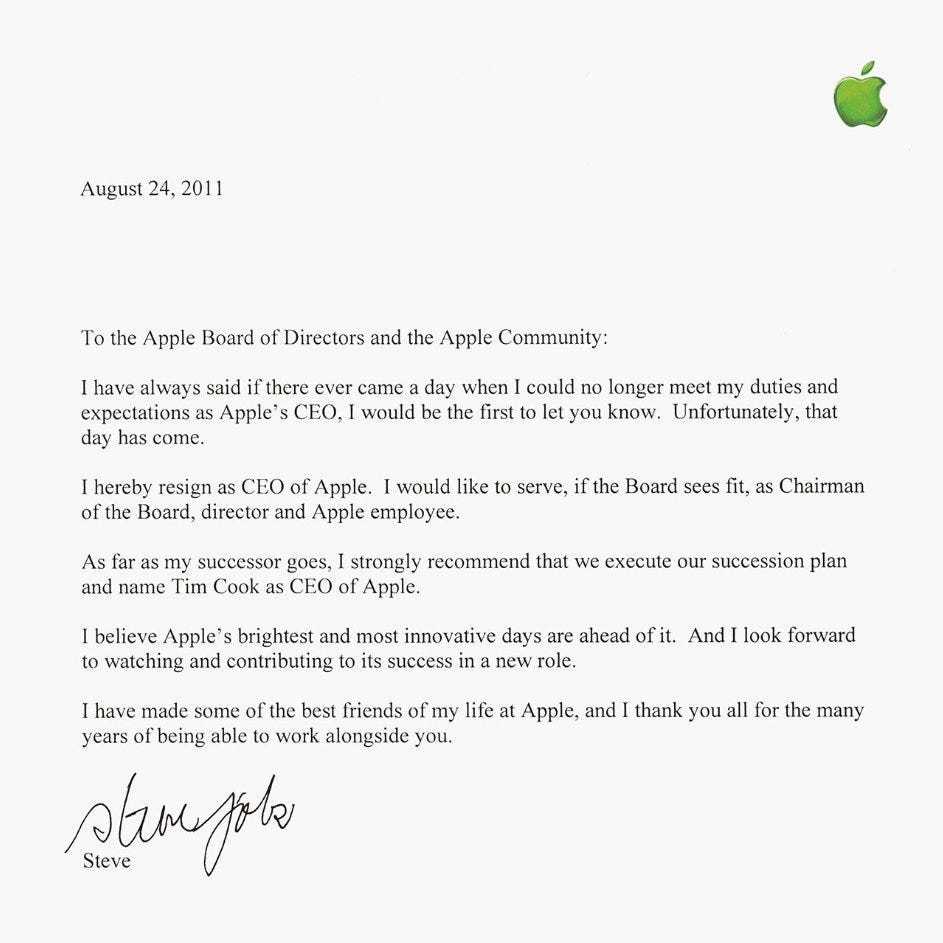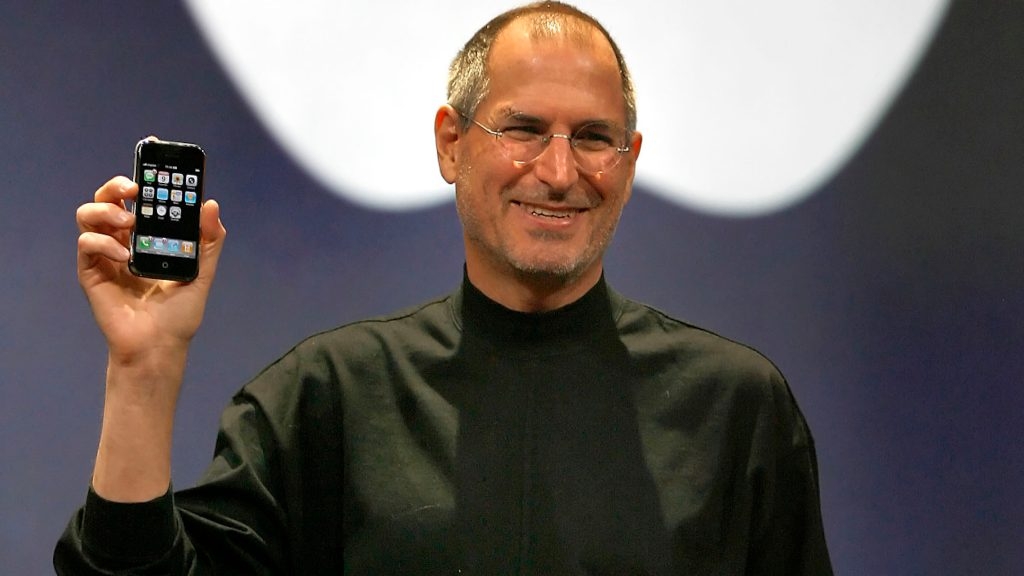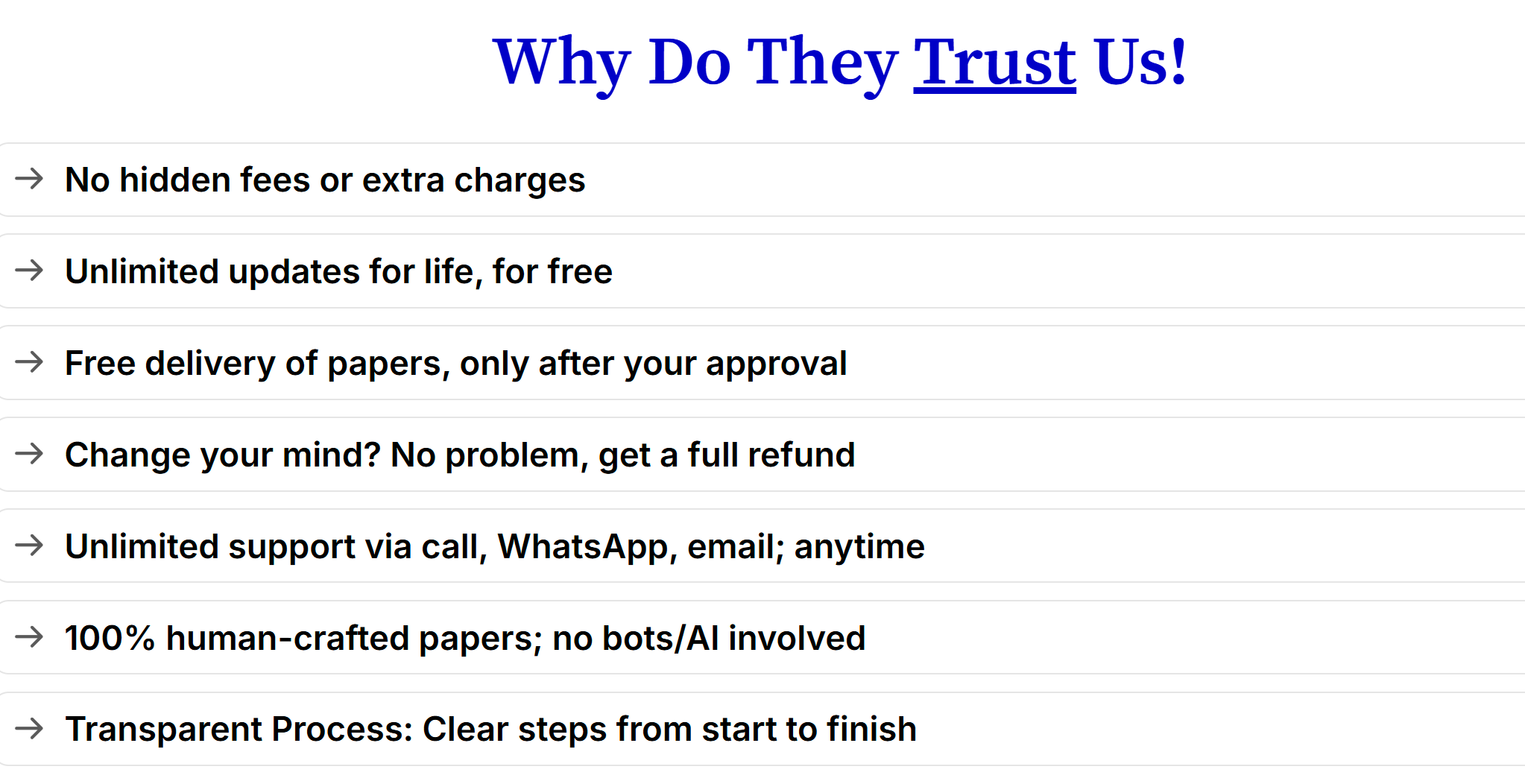Back
Anonymous 4
Hey I am on Medial • 1y
This totally makes sense. Apple’s focus on simplicity and intuitive design definitely feels inspired by something deeper. Jobs knew how to cut through the noise.
1 Reply
2
Replies (1)
More like this
Recommendations from Medial
Harshit Kumar
Founder at Munchkin ... • 1y
What if everything you thought you knew about immigration, trade, and economic growth was wrong? In Good Economics for Hard Times, Nobel laureates Abhijit V. Banerjee and Esther Duflo cut through the noise of political debates to reveal what the data
See More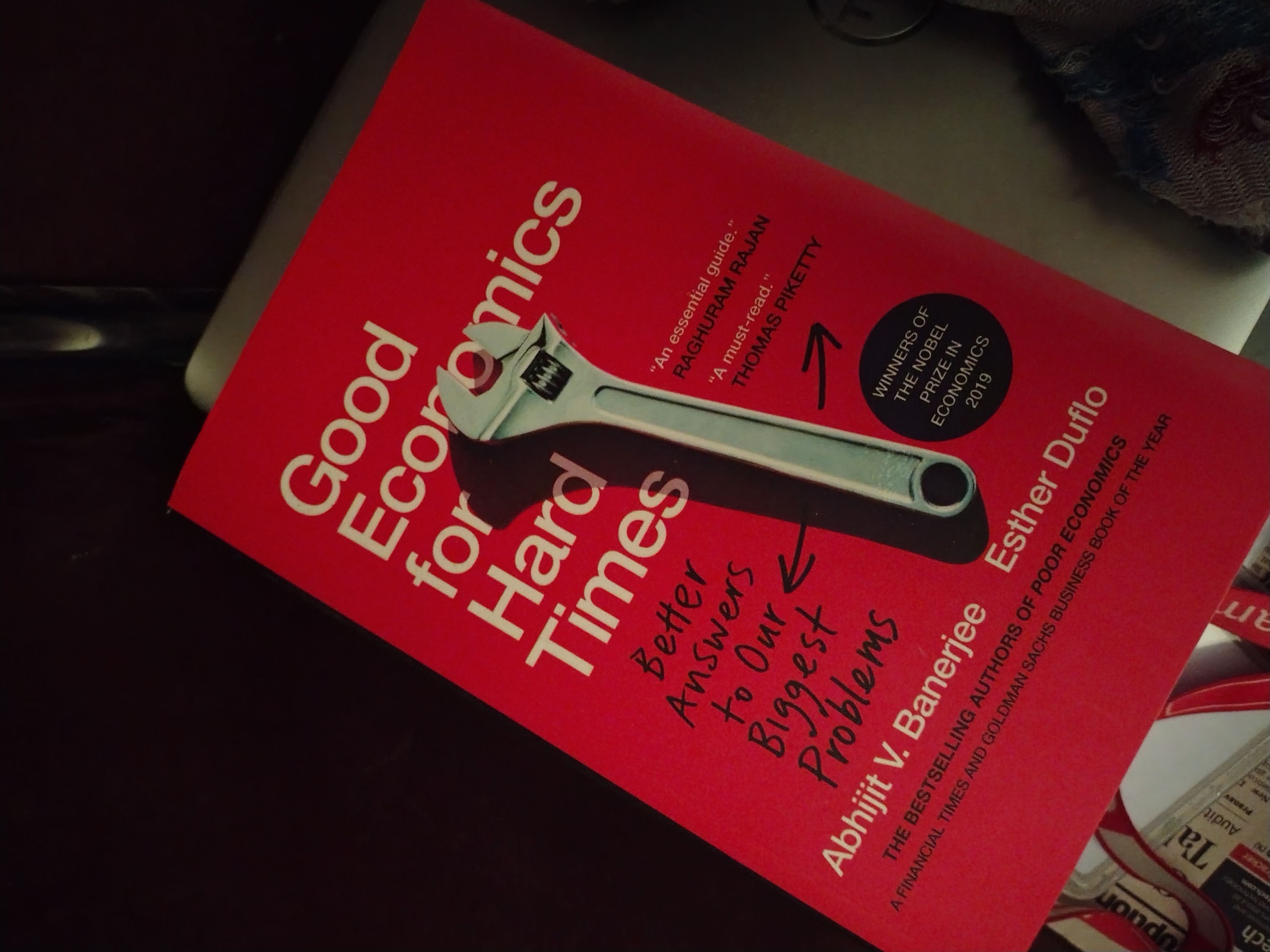
8 Replies
6
10
Download the medial app to read full posts, comements and news.








